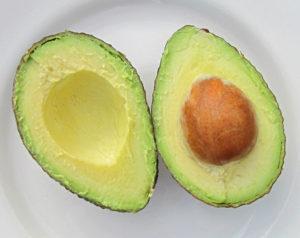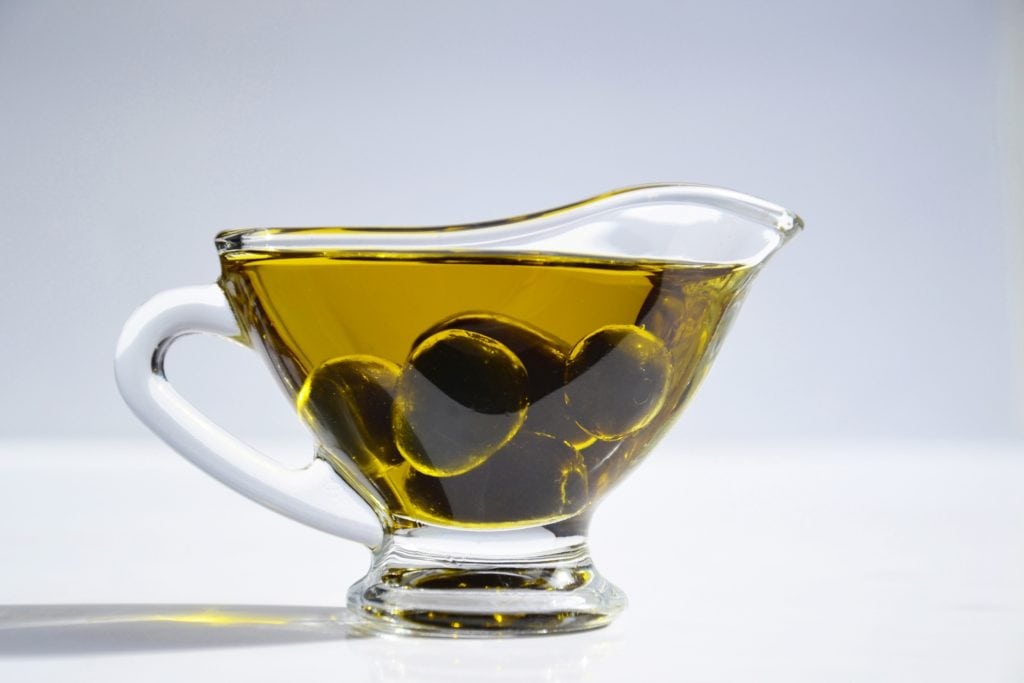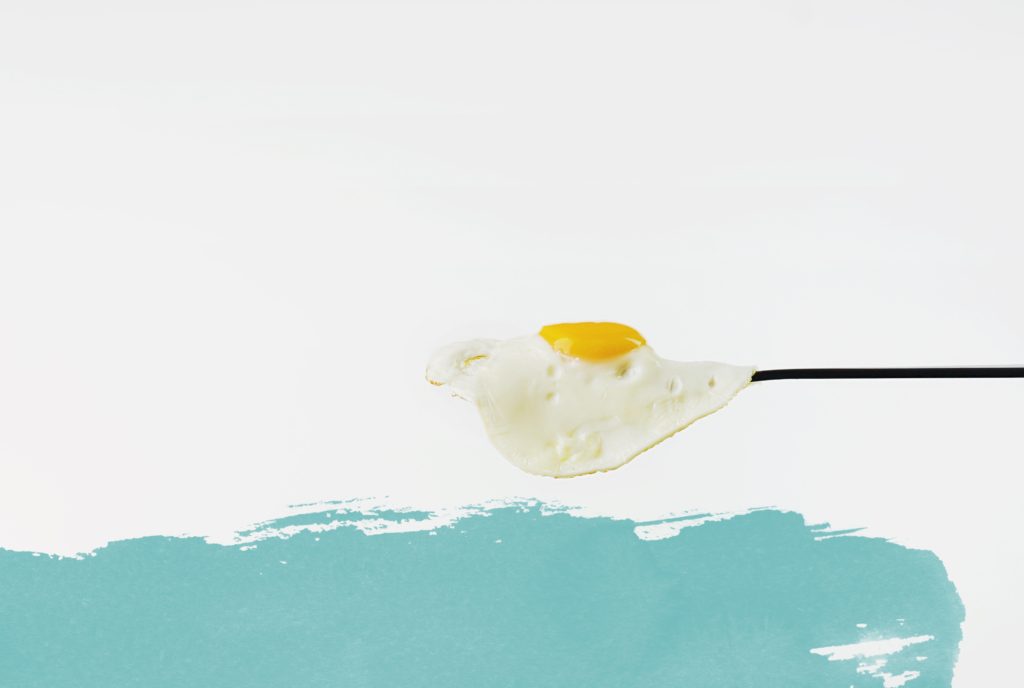For the past several months, we have been featuring articles about the food dehydration process, some food dehydrators, and recipes that you might think that everything can be dehydrated.
Not all. There are foods that you shouldn’t preserve with a home kitchen food dehydrator for a few good reasons.
Table of Contents
Why You Should Not Dehydrate Some Foods
- There’s no sense of drying them up if they completely lose their nutritional value. Although we have said before that there are foods that retain its nutrients despite being dried, there are a few edibles that completely lose theirs if dried.
- There’s no sense of drying them up if they become inedible once dried. There are a few food items that are better eaten fresh or preserved in another way rather than dried.
- There’s no sense of drying them up if they will make you sick. Food dehydration prevents food spoilage which can cause sickness. However, there are food items that shouldn’t be dehydrated because drying them may even cause food spoilage and sickness.
- There’s no sense of drying them up if it will take too long and will not payoff in the end. If you’ve noticed, most food items we featured in here requires long hours of drying. But if it is too time-consuming and the end product doesn’t seem to justify the time and effort consumed, it’s better not to dry the particular food item.
So what are the foods that should not be dehydrated?
Avocados
Remember that foods high in fat do not dehydrate well at all. Avocados contain high amounts of fat that if ever these are dried, they would appear too mushy that you wouldn’t like to eat it or they would go rancid eventually. Once rancid, it becomes inedible. Therefore, better eat fresh avocados or make guacamole which you can store inside the refrigerator or freezer.

Olives
Of course, you’ve heard of olive oil. Another example of a food high in fat. If dried, it tastes… hmmm… you wouldn’t like it… indescribable! It’s better to preserve olives in another way.

Milk
Not only milk contains fat, but also drying milk removes its nutritional value altogether. Therefore, there’s no sense of drying up milk just to make milk powder out of it. Buy powdered milk instead. But you can make yogurt and cottage cheese using a food dehydrator, though.

Butter
This milk product also contains fat, therefore it will take longer for butter to dry or it may not dehydrate well at all. Some say that dehydrated butter can cause botulism, a kind of food poisoning that can make you sick.
Condiments
One of the things that appeal to food dehydration is the idea of having something dried, stored, and rehydrated for future use. But not so with condiments and sauces, especially the commercially available ones.
For one, these store-bought condiments contain sugars that caramelize when heated and crystallize when cooled. For another, they contain other ingredients like alcohol that we don’t know how these would react with the heat of a food dehydrator.
Non-Lean Meats
Parts of meat that are high in fat don’t dehydrate well. That’s why it is recommended to use lean meats when making jerky. But, you ask, what about chicharron? That meat skin or rind looks and tastes delicious but they’re dried. Well, they’re boiled first, then sun-dried, and finally deep-fried to reach that perfect crispiness. Takes too long that you might want to leave that kind of labor to those who really make them.
Eggs
Some say that you can dehydrate eggs when making a slurry. They can be rehydrated to make scrambled eggs only. But you cannot make sunny side up, or omelet, or use them for baking, sorry. Better use fresh eggs.

Final Thoughts
There you have it, a few food items that should not be dehydrated in a food dehydrator. It is better to use them fresh or preserve them using other methods. It is important to take this list seriously since these ingredients will spoil even after you attempt to dehydrate them.

